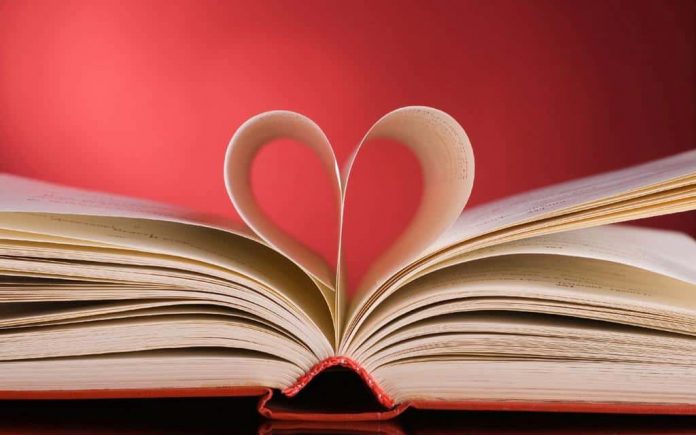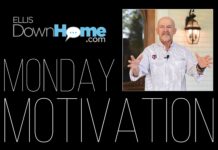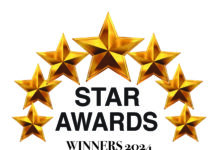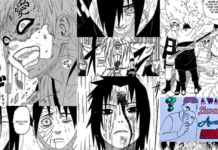
I was blessed growing up in a household where my parents loved to read. Back in the 50s and 60s there was no Internet or video games. Television was watched, but sparingly. Although many hours were spent outdoors with friends, quiet time with a book produced some of my favorite memories. It was a gift, a legacy, from my parents.
My love for reading prepared me for a very difficult high school curriculum which emphasized reading of all sorts of novels and non-fiction from the Grapes of Wrath to Plato’s Republic. Our teachers insisted on not only having us read literary classics, but also books with social messages like Lord of the Flies or 1984. Over those four years of high school there was a metamorphosis from taking joy in reading a riveting story to appreciating fine writing. When you can find both, it is a marvelous experience.
Recently my wife, Becky, who is also an avid reader, asked me a simple question which is really very complicated: “If you were going to put your favorite book on a table for all your friends to see, what would it be?”
Why is that such a difficult question to answer? Because it has two parts which on the surface seem interconnected (favorite book shared with friends) but may produce an conclusion from your friends which you did not foresee.
Let me give some examples. A right of passage book for teenage boys has been Catcher in the Rye, written by J.D. Salinger in 1951. The protagonist, Holden Caulfield, struggles through a maze of youthful problems and questioning. It is a classic which has challenged the thinking of young men for decades, however, it is laced with profanity. Some really crude language.
If I felt Catcher in the Rye truly influenced my life in those formative years when I was both doubting and curious, and I placed that novel on the table for friends to see it was my favorite book, would they accept the reason why it made a difference or would they be silently reproachful for my reading a book with so much vulgarity.
What about the Adventures of Tom Sawyer? It’s a wonderful passage of youth which blatantly uses the “n-word.” Am I a racist for thinking that Huck Finn, Tom Sawyer and Becky Thatcher combined for a wonderful story-line?
We were studying the Renaissance Period in a world history class and the teacher assigned Machiavelli’s The Prince to read. Although it illustrates the power of the Medici family in the early 1500s, it may be offensive to some because the core Machiavellian ethic is the powerful can justify the use of immoral means to achieve their glory and survival. Is that a message I would want my friends to associate with me if I displayed The Prince as my favorite book?
How about Harper Lee’s book To Kill a Mockingbird and its troublesome view of bigotry? Or, what about William Shakespeare’s Romeo and Juliet and the outcome of suicide? Try Animal Farm by George Orwell where the central message is: all of the animals in the barnyard are equal, it’s just that some of them are more equal than others.” Do I want my friends to think I see myself as “more equal” than them?
The epic book of Homer, The Iliad, is a great adventure, but it’s filled with adultery and giving women away as tokens of appreciation. So, how about the story lines in more modern writings like Harry Potter or The Hunger Games. What about best-selling novels about vampires or non-fiction slants on politics?
What does your favorite book say about you? What would it say to your friends? When it comes to your favorite book, do you even care what your friends think?
What if your favorite book is the Bible? Certainly, having the Holy Book displayed for people to see should send a positive perception. But you would be remiss if you didn’t think a few folks would find some sort of fault in your manifestation of Christianity in your life. Sad. Very sad.
I just finished a wonderful non-fiction by John Larkin, The Splendid and the Vile; a one year account from the time Churchill took the office of Prime Minister (May, 1940) to the time the United States began sending supplies to Great Britain (May, 1941). During that time, The Blitz, as it was called, was a 56-week continuous bombing of Great Britain in which some 43,000 British civilians were killed and another 139,000 were wounded.
I put the book down for a while to watch the evening news and saw people in a Texas grocery store literally throwing blows over a package of toilet paper. Are they the sort of people I want to make judgement over what I choose as the best book I’ve ever read? It certainly put The Splendid and the Vile in perspective.
War and Peace (Tolstoy) and Crime and Punishment (Dostoevsky) are memorable and heroic masterpieces but does my enjoyment of them make me a Russian sympathizer.I grew up in Oklahoma so what if I said Grapes of Wrath was my favorite book?
For high school assignments I read Crane’s Red Badge of Courage and Mitchell’s Gone With The Wind. Would friends think I had Confederate sympathies if I said those novels were outstanding literature?
Truth is, we simply don’t choose a book to read based on what perceptions friends will draw. We pick up a book and invest hours and hours reading it, enjoying it, stumbling through it or becoming one with the characters. We don’t choose a book by saying “I wonder what my friends would think of me for reading this book?”
Furthermore, I can’t think of one of our friends who are impassioned readers who would place one book out with the intent to signify who they are as a person. All of those people either have a collection of books on shelves or, as one of my colleagues does, finishes a book and gives it to someone else to read.
When I asked this same fellow what book he would display with the caveat it would be judged by friends as to his political, social and moral character, he immediately mentioned Michener. He said, “I don’t live in Alaska, Hawaii, Israel, Chesapeake, or the Caribbean, but I loved reading all about them in Michener’s books. Plus, I just don’t give a hoot about what people think of me regarding the books I read.”
He’s correct. And, if you want to know the type of people my wife and I are, it would never be condensed into one book. You should step into our library with hundreds and hundreds of books which range from the Aesop to Zane Grey.
Becky was an elementary school teacher for more than 40 years. A couple of shelves in our library have her favorite children’s books that our grandchildren visit all the time. The legacy lives. The same one that my parents and teachers instilled in me.
Books are not meant to better tell friends who you are. Books are meant to make who you are better.






